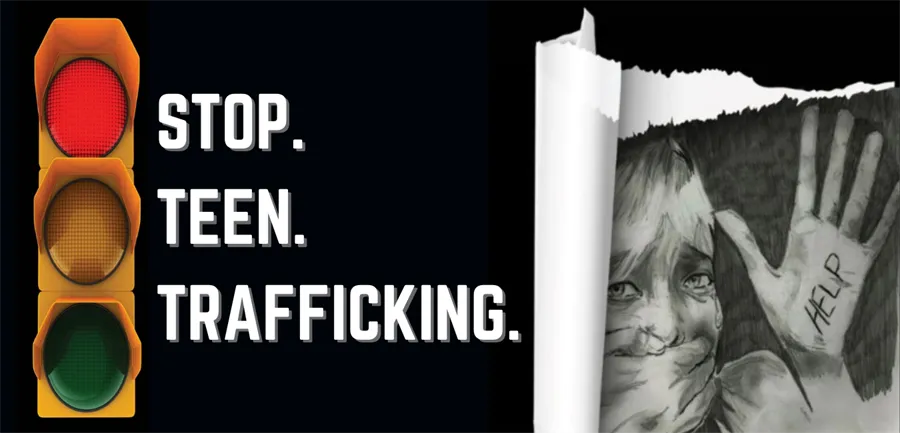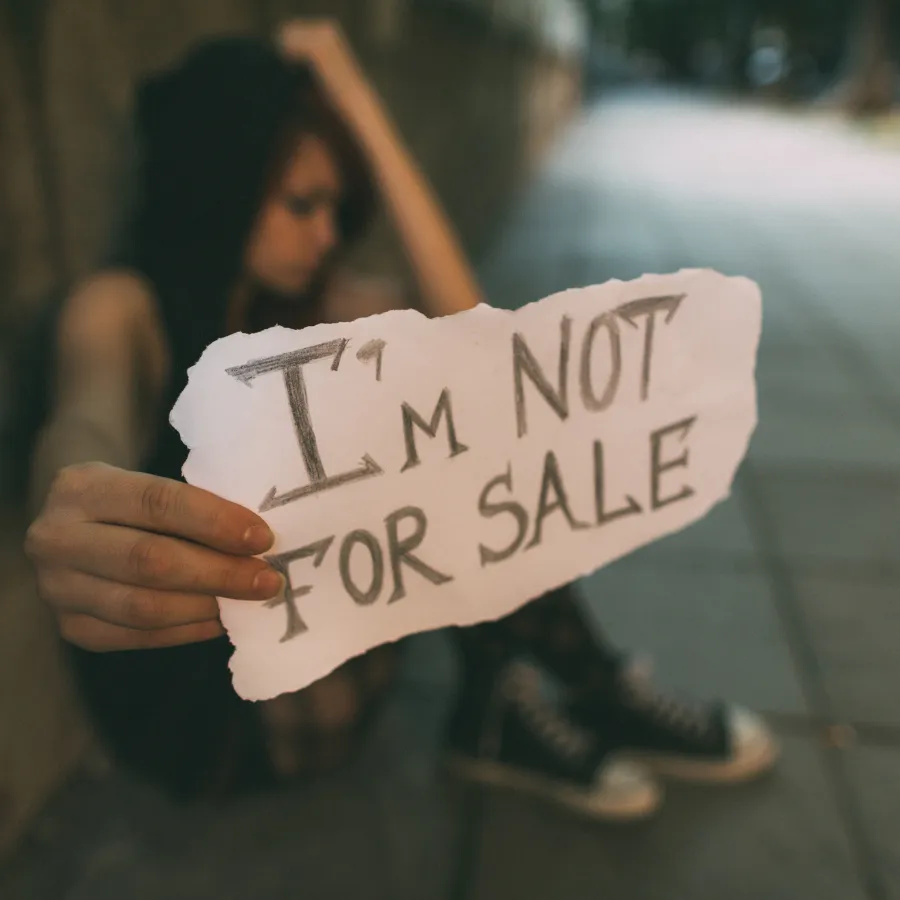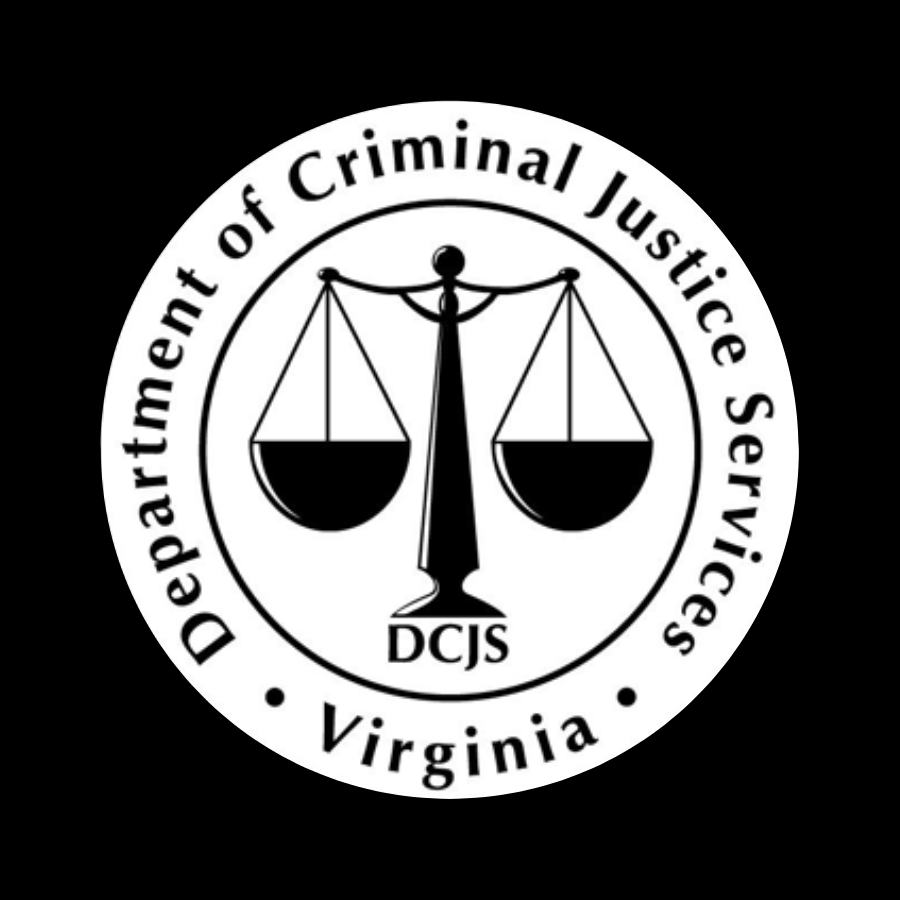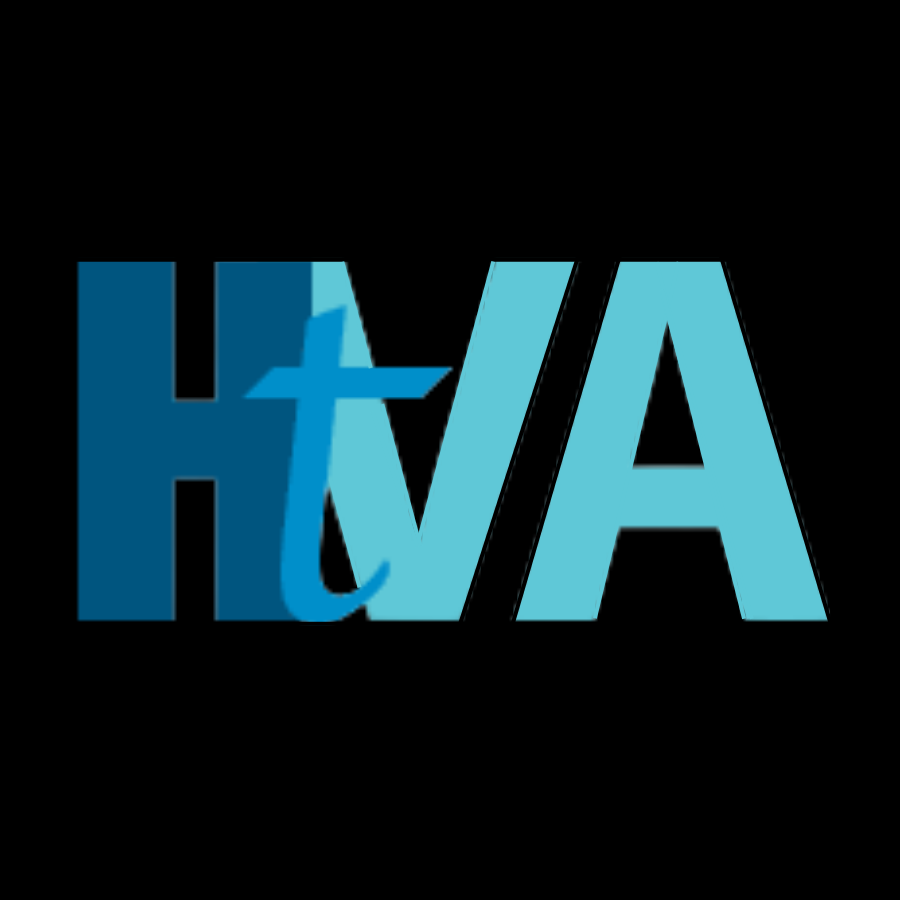
Human Trafficking Prevention in PWCS
Program Components
Prevention
- Over 47,193 high school students have participated in an interactive 90-minute lesson taught in ninth grade Health and PE programs since the inception of the program in 2013.
- Overall, students consistently demonstrated large gains (56-72%) in perceived knowledge about human trafficking based on pre/post testing.
Identification

- Following the lesson, each student who participates will have the opportunity to request a follow up meeting with the school social worker. This is done by completing a triage form with their name and indicating “yes” on their form.
- Students may come forward and meet with a school social worker regarding concerns about themselves or their friends.
Response
- Prince William County Public Schools (PWCS) partners with The Family and Assessment Planning Team (FAPT) to provide Children’s Services Act (CSA) funding. FAPT collaborates with case managers, such as PWCS Comprehensive Child Study (CCS) social workers, and families to develop individualized service plans for referred youth.
- PWCS partners with Greater Prince William; Human Trafficking Task Force, Juvenile Court Services Unit; Gang Intervention and Response Team (G.R.I.T), and state and federal agencies. Monthly meetings are held for team collaboration.
- School Social workers in collaboration with the Human Trafficking Prevention Specialist, assess the individual needs of the student and utilize community-based resources to get students the help needed to begin the healing process.
- When human trafficking is identified as primary concern, the Human Trafficking Specialist will take the lead in consulting with school social workers in the Comprehensive Child Study Department, and initiating a referral as deemed appropriate.
- The Human Trafficking Specialist will provide continuous monitoring of student and family progress with services and maintain communication to ensure needs are being met.
- Resources include referral to the Comprehensive Child Study (CCS) Department and community Family and Assessment Planning Team for medical care, mental health care, and branding removal services
- Referral to the Prince William County Multi-Disciplinary Team (which includes case collaboration with state, federal, and local agencies).
Code of Virginia § 63.2-214.3. Information on human trafficking.
The Department, in consultation with experts in the field of human trafficking prevention, shall provide to the Board of Education:
The Department, in consultation with experts in the field of human trafficking prevention, shall provide to the Board of Education:
- Resource information on human trafficking, including strategies for the prevention of trafficking of children; and
- Materials for distribution that describe local, state, and national resources to which students, parents, school resource officers, counselors, and school personnel can refer for information on human trafficking, including strategies for prevention of trafficking of children.
For more information please contact:
Tiffany DiBenedetto, MSW
Human Trafficking Prevention Specialist & Foster Care Liaison
[email protected]


Virginia Human Trafficking Response Campaign
For more information and resources on human trafficking, visit the Department of Criminal Justice Services Human Trafficking Response webpage.
Human Trafficking in Virginia
Department of Criminal Justice Services
